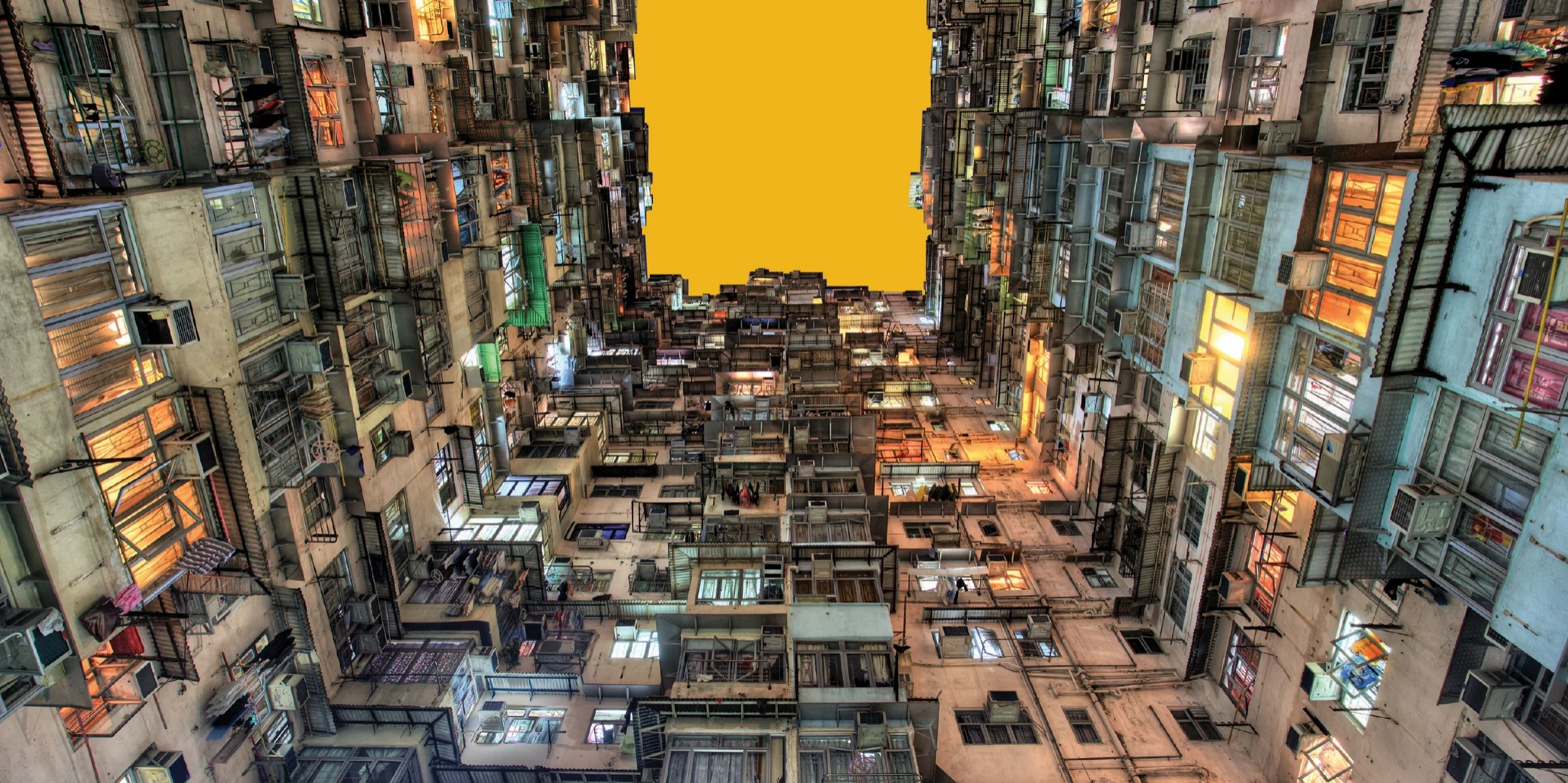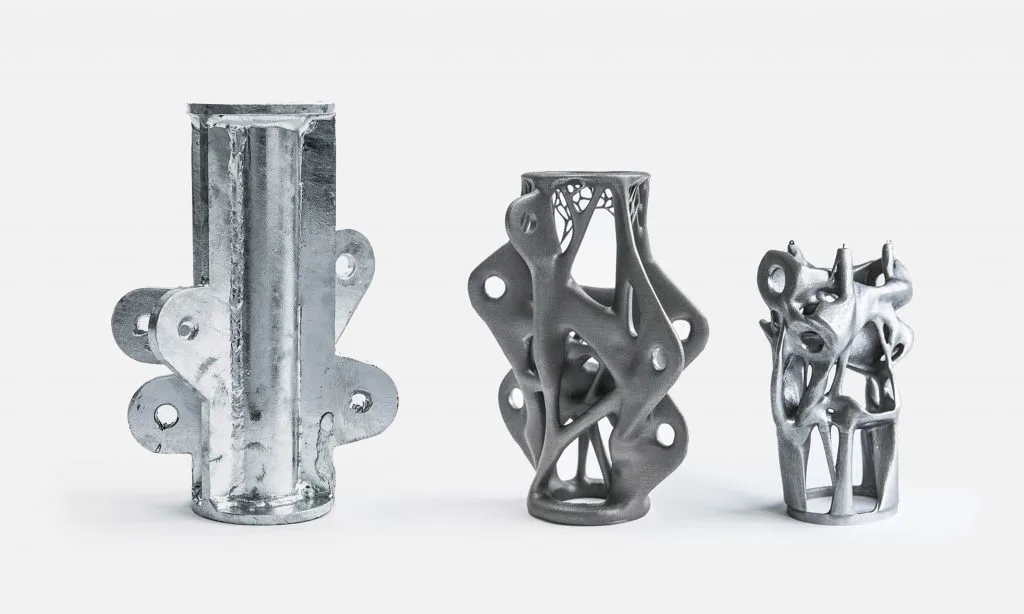
It’s tempting to roll our eyes when we hear people say they plan to change the world. It’s not even arrogant, we think, just naive. The basic building blocks of our lives are fixed in place by forces much more powerful than us. So why bother, right? Wrong. Impossible, a design company founded by Lily Cole and Kwame Ferreira, wants to rethink the world around us. Download the Book of Possibilities using the button below.
"Never doubt that a small group of thoughtful, committed citizens can change the world,” the American anthropologist Margaret Mead said. “Indeed, it's the only thing that ever has."
This same ambitious spirit underpins Impossible. Founded by the actress and model turned activist Lily Cole and entrepreneur Kwame Ferreira, it describes itself as a group of “thinkers, designers and engineers” who want to reimagine how the world works.
“People often don’t realise the power they have to impact on the future – as if the future was being written by everyone else,” Lily says. “But there are no super humans. Everyone has as much to contribute to the world as the next person, and it is only through the accumulation of individual action that we can expect things to change.”

The group has recently published The Book of Possibilities, a book which, appropriately, is almost impossible to describe. It’s a mixture of essays and interviews, infographics, manifestos and meditations on how we might use creative thinking to change the fundamental fabric of our societies – politics and money and technology, politics, cities and privacy.
“It’s important to know how to frame the future and what the real issues are before we choose where to allocate our energy,” says Impossible's CEO Kwame Ferreira. “The book is a gaze at some of the issues we’re facing, and how we think about tackling them.”
It’s a thrillingly ambitious undertaking. In the space of one page we go from the protestors of Standing Rock to a high-tech health start-up in London’s uber-rich Kensington neighborhood, then onto Silicon Valley.

The book focuses on innovation, not as a buzzword but as a set of thought experiments. One of the most interesting sections concerns happiness, which Lily thinks is something we are oddly bad at talking and thinking about.
“Most of us live under economic and political systems that don’t prioritise, or place value in, happiness," she says. "Happiness can’t be measured, quantified, compared in the way that other metrics can be. That often infiltrates our individual ways of relating to the world. There isn’t time to prioritise happiness, and to reflect too much on one’s emotional state could even be perceived as self-indulgent.
“It’s a mass delusion really, because once basic survival needs are met, what, at the end of the day, is more important than our ability to enjoy life?"

The book is also a tribute to the power of creative minds, and the ability for their ideas to shape the future. “Designers are engineers of simplicity,” Kwame explains. “Most people don’t really think about the future, or when they do they think of it as a sequence of inevitabilities. I want people to know that we, designers, engineers, artists, must do more to ensure and enable everyone to think of the future as a participative and open canvas.
“The future is not where people win the lottery. It’s where they spend the earnings of the tickets they buy now.”
Staying true to the spirit of the book, here is a collection of some of the ideas which jumped out when reading it. They are not all quotes, or practical tips, or anecdotes. Rather they are a mix of all of these things – a wide range of ideas about the future and our place in it...
"It’s from the champions of the impossible, rather than from the slaves of the possible, that evolution draws its creative force." – Barbara Wootton.

"The future of something is not necessarily a better version of that something. The future of slavery is not better slavery. The future of travel in the horse age was obviously not better horse travel. Using the same logic, the future of cars may be electric, but the future of travel may have nothing to do with cars. At least not the future we want."
"The solution to healthier cities is not primarily digital... Why not reinvent cities by permeating them with nature, rather than surrounding them with it? Show us the first city that cannot be seen from space and we will show you the first happy city. The new idea is rewilding and it involves embracing randomness."
"In a secretive office in Silicon Valley I am given an EEG helmet and asked to look at an image of a lion. The helmet is connected to a printer that prints a fuzzy rendition of the feline I was looking at. The next step is to improve its accuracy and then start rendering our thoughts in movement. After that we will be able to navigate our dreams and delve deeper into the dynamics that drive us. The ability to record what our eyes capture will change the way we look at cameras. The ability to record and replay our thoughts will change the way we look at ourselves."
"The new breed of digital and physical products will not be enslaved by empires of style. Its aesthetics will be derived from an evolving relationship of value with the user. This first new breed of generative designed objects will be more like pets. Creatures that co-inhabit your space and you can’t just put in the bin because they are evolving."
"With our days and nights increasingly stretched across the vastness of megacities, we’ve turned to these smart little gadgets to keep it all synchronized. It’s no accident that the most common text message, sent billions of times a year all over the world, is “where r u?” – Urban planner Anthony Townsend

"In times of authoritarianism the arts go punk. You want a real trend, this one is a given for the foreseeable future. But it’s a different type of punk. it’s subtle, simultaneous and lures you with beauty before vomiting emotions into your lap."
"If you sit down with the idealists and visionaries of the Silicon Valley, you will quickly realise that their ultimate personal goal is not happiness but longevity. In fact, most of the 20th Century innovation that took us from an industrial to a post modern society, was aimed at increasing longevity. Happiness became equated with distraction."
"Arguing that you don’t care about the right to privacy because you have nothing to hide is no different than saying you don’t care about free speech because you have nothing to say." – Edward Snowden